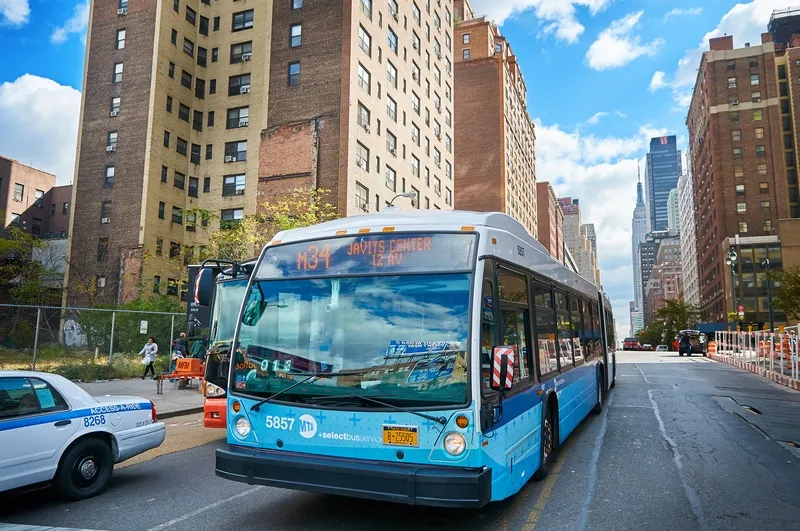The Department of Justice and the United States Attorney’s Offices for the Northern District of Illinois and the Southern District of Ohio (collectively, “DOJ”) have entered into a non-prosecution agreement with Redflex Traffic Systems Inc., a Phoenix-based automated safety company.
The agreement was reached in part due to Redflex’s extensive and thorough cooperation over recent years, which is detailed in the agreement. It included cooperation with the successful prosecutions of several individuals, in
January 4, 2017
Read time: 3 mins
Among its obligations under the agreement, which continues for two years, Redflex will pay restitution and compensatory damages to the City of Chicago, the amount of which will be determined either by a final judgment or a settlement agreement in Chicago’s pending civil lawsuit against Redflex. The company will also pay restitution of US$100,000 to the City of Columbus, Ohio.
Redflex also agreed to cooperate fully with DOJ and any other law enforcement agency designated by DOJ, including the Australian Federal Police and other Australian law enforcement authorities. As part of that obligation, Redflex must, if requested, provide those authorities with all non-privileged information, documents, records, or other tangible evidence. In spite of the two-year time period of the agreement, Redflex agreed to cooperate with DOJ, the Australian Federal Police, and other Australian law enforcement authorities until all investigations or prosecutions are concluded.
In exchange, DOJ agreed that it will not criminally prosecute Redflex for any of the conduct arising out of investigations in Chicago and Columbus. The agreement does not relate to any potential tax charges.
Since the start of the US investigations, Redflex has initiated substantial additions and changes to its compliance program, policies and procedures. The company agreed in the non-prosecution agreement to revise and address any deficiencies in its compliance code, policies and procedures regarding compliance with applicable anti-bribery and anti-corruption laws. It agreed to adopt new policies to ensure that it maintains a rigorous anti-bribery and anti-corruption compliance code, and to install procedures designed to detect and deter violations of such laws.
During the term of the agreement, Redflex must prepare at least four follow-up reports and periodically submit them to DOJ. If the company is found to have violated any provision of the non-prosecution agreement, it will be subject to prosecution for any applicable violation of US law, including perjury and obstruction of justice.








